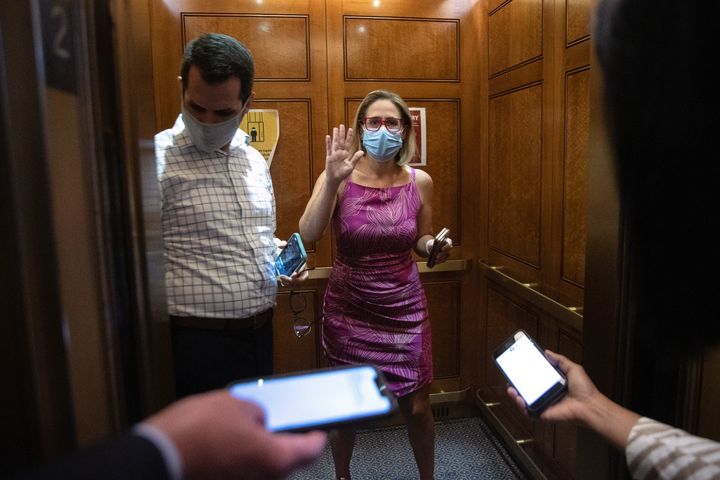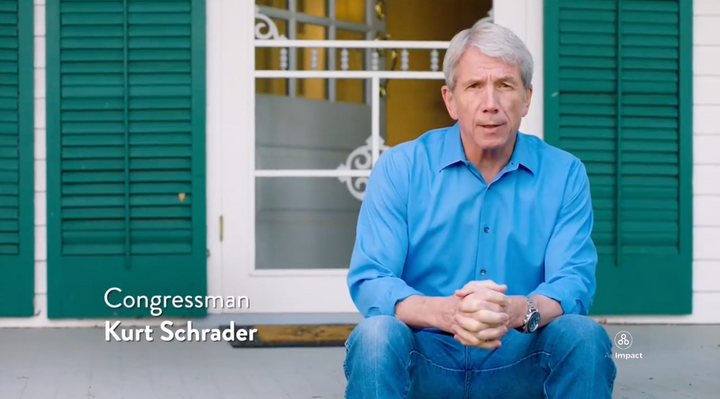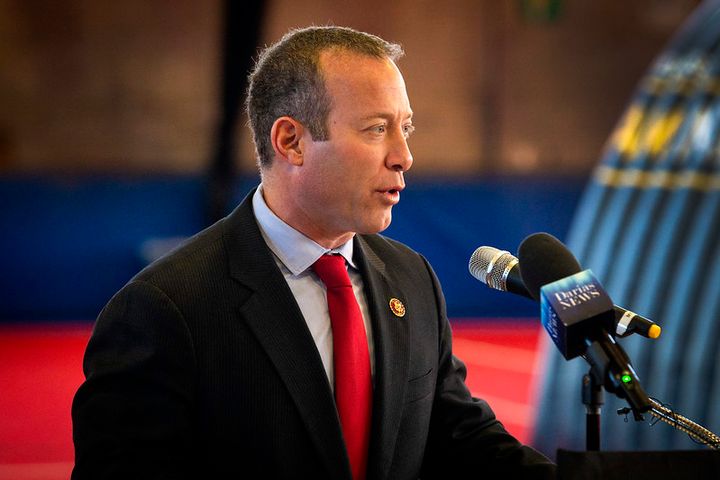Corporate PACs Reward Democrats Opposing Reconciliation Package

Summary
Nine Democrats threatening to sink the reconciliation bill pulled in more than $150,000 in PAC donations last month.
Keep reading with a free trial
Unlock this article and get unlimited access to Sludge with a 14-day free trial. No commitment — cancel any time.
Already have an account? Sign in


